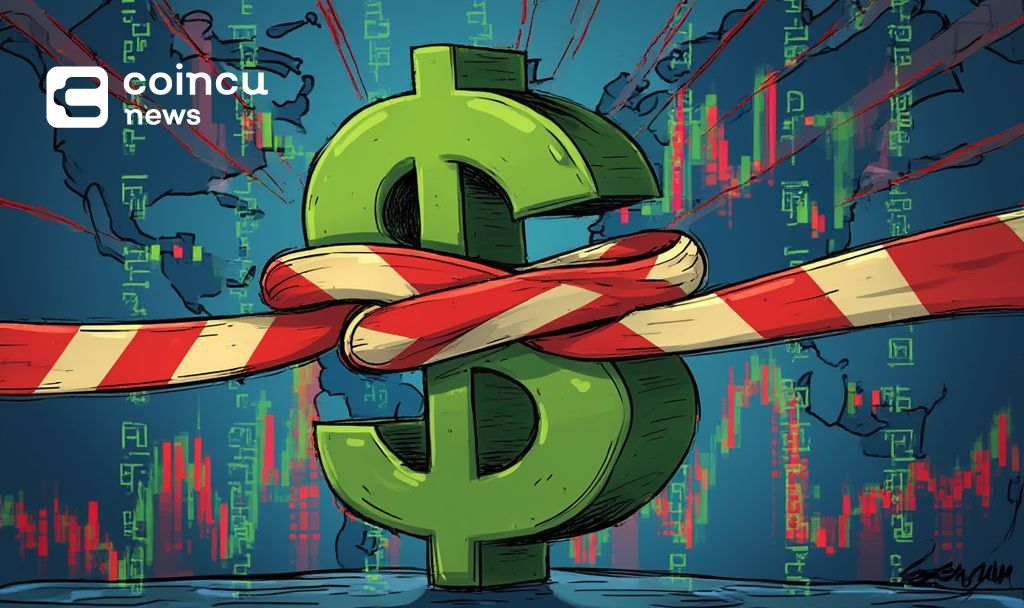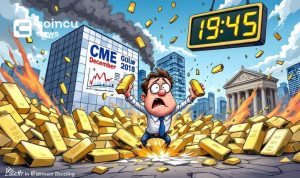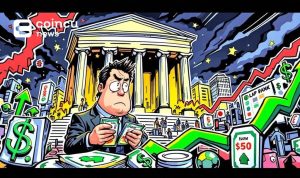- U.S. tariffs implemented, economic debate, market reactions, leadership statements.
- New tariffs start April 9, affecting global trade.
- Concerns about economic impact; market volatility and expert opinions vary.

In a recent announcement, U.S. Secretary of Commerce Howard Lutnick confirmed that new tariffs affecting global trade will take effect on April 9, 2025.
This policy aims to reform trade practices in favor of the U.S., prompting mixed responses from financial markets.
U.S. Imposes 10% Base Tariffs, Markets React
U.S. tariffs, set to be active from April 9, target countries with significant trade imbalances. Commerce Secretary Lutnick indicated these are part of a strategy aimed at fair trade practices. According to Lutnick, the focus is on addressing non-tariff trade barriers.
The implementation will see a baseline 10% tariff applied to all imports, with reciprocal tariffs on targeted countries potentially reaching 50%. Such measures are expected to reshape economic dynamics globally and will compel trade partners to evaluate their policies toward the U.S.
Market responses exhibit mixed reactions. The Dow and S&P 500 futures had a substantial decline, reflecting investor anxiety. Treasury Secretary Bessent labeled these market movements a “short-term reaction,” suggesting confidence in long-term economic benefits.
“The new reciprocal tariffs aim to address non-tariff trade barriers and compel countries to reevaluate their trade policies toward the U.S.,” said Howard Lutnick, U.S. Secretary of Commerce.
Experts challenge these views, highlighting risks of inflation and economic slowdown.
Historical Tariff Strategies and Future Economic Speculations
Did you know? Past tariff increases by the U.S. under similar circumstances resulted in a reshoring of manufacturing capacity, especially in steel, reducing reliance on imports.
Historically, tariff strategies have led to a reshaping of industry practices. For instance, previous tariffs on Chinese imports facilitated domestic production but temporarily increased consumer prices. Observers remain skeptical about whether the current approach will have inflation-neutral effects, as suggested by White House projections. White House projections are often met with varied expert opinions.
Looking ahead, expert opinions vary on potential outcomes. Some analysts believe these tariffs could strengthen industries domestically, while others highlight risks related to global trade retaliation. The situation’s evolving nature beckons close scrutiny of both economic and market indicators moving forward.























